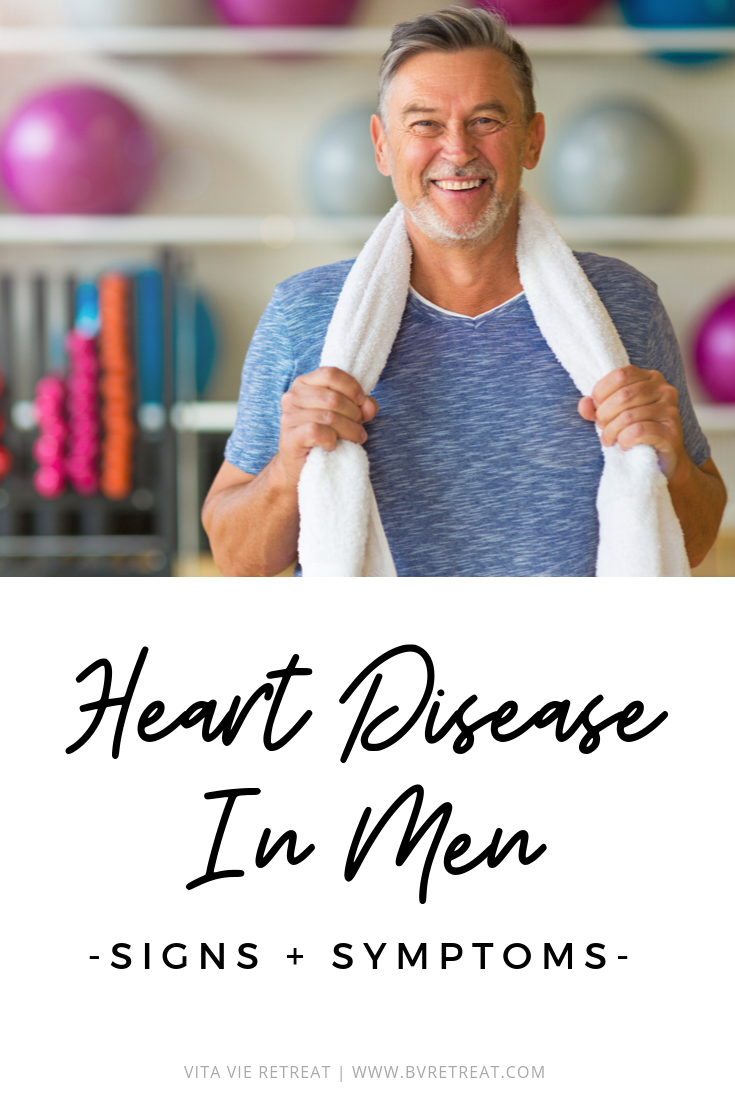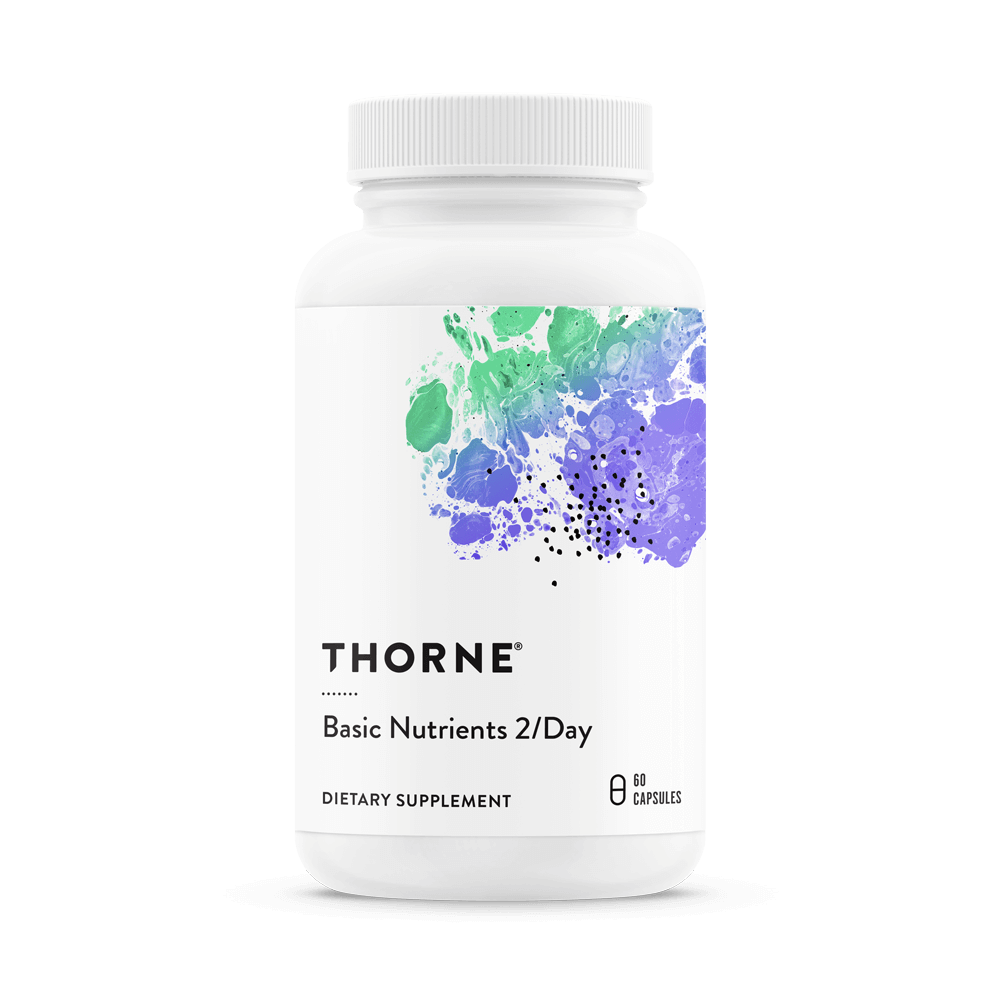Signs & Symptoms Of Heart Disease In Men
/HEART DISEASE IN MEN: SIGNS & SYMPTOMS TO WATCH OUT FOR
Heart diseases are the leading health concern for men in present times. Heart disease is a broad term that includes heart failure, coronary artery disease, arrhythmias, angina and also heart-related infections, irregularities, and congenital heart defects.
It may seem that such serious cardiac conditions may have many warning signs, but it is not the case. Many people may develop a heart condition without knowing as they carry out their daily tasks.
Although chest pain is a common sign of heart disease, it may not always raise the alarm bell in every case. There are other symptoms besides chest pain that may also clue towards a heart problem
According to cardiologists, any symptom that seems to be triggered due to exertion and relieved by rest could be related to a heart problem. This is the case especially in people with risk factors for heart disease, including high cholesterol, high blood pressure, tobacco use, diabetes, a non-active lifestyle, obesity, as well as a strong family history of heart disease.
However, often times some earlier symptoms and signs can help prevent a heart attack, stroke, or other complications of heart disease.
SIGNS TO WATCH OUT FOR
HEART ATTACK:
Discomfort or pain in the chest
It’s a classic symptom that is related to a heart problem. In case of a blocked artery or during a heart attack, there may be a feeling of pain, tightness, or even pressure on the chest.Nausea, Indigestion, Heartburn, or Stomach Pain
These symptoms are experienced by some people during a heart attack. Although these are mostly due to an upset stomach and may have nothing to do with the heart, you should be aware that it may also happen during a heart attack.Pain in the arm
A pain that starts from the chest and spreads to the arm and radiates to the left side of the body is another classic symptom of a heart problem.Pain in the jaw or throat
If there is persistent pain or pressure in the center of the chest that spreads up to the throat or jaw, it can be a sign of a heart attack.
But by itself, a throat or jaw pain isn't related to heart and is most likely caused by a muscular issue, a cold, or a sinus problem.Shortness of breath, feeling dizzy or lightheaded
A number of things can make you feel faint or lose balance for a moment. Probably because of dehydration or starvation, or standing up too fast.
But if there is a sudden feeling of being unsteady and there is also a chest discomfort or shortness of breath, then call a doctor straight away. This could be due to a drop in the blood pressure as the heart is unable to pump the way it should.Cold sweat
Breaking out in a cold sweat with no obvious reason can also be a sign of a heart attack. If this happens along with other symptoms, call emergency/ambulance right away.
Other Heart diseases symptoms -
SYMPTOMS RELATED TO HEART ARRHYTHMIAS:
Condition called heart arrhythmias occur when the heart rhythms become irregular, or it beats too quickly or slowly.
Some symptoms to look for:
Dizziness or a fainting spell
Sensation of the heart beating too quickly or slowly, or irregularly
Chest discomfort or pressure that can last for up to 30 minutes
Shortness of breath after moderate exercise such as walking up stairs
An unexplained pain in the jaw/throat, neck, or chest
SYMPTOMS RELATED TO BLOOD VESSEL PROBLEMS:
Blood vessels may constrict or narrow over time. This makes it more difficult for blood to pass through the arteries and veins, putting a greater strain on the heart when it pumps.
Some of the early symptoms of narrowing blood vessels are:
Angina (chest pain)
Extreme tiredness or fatigue
Irregular heartbeats
shortness of breath
Feeling of pain, tingling, numbness, swelling, coldness, or weakness in the outer extremities
Heart bypass surgery is done to treat coronary artery disease. In this, the surgeon redirects the flow of blood around the blocked or partially blocked artery in the heart to improve blood flow to the heart muscles. People from all around the world prefer India for their cardiology procedures, mainly because of the experienced and internationally renowned surgeons, low cost of treatment and highly advanced infrastructure. Heart bypass surgery cost in India is very reasonable in comparison to various other countries of the world, but with equally good quality of services.
SYMPTOMS OF HEART DISEASE RELATED TO A WEAK HEART MUSCLE (known as dilated cardiomyopathy):
There are usually no symptoms during early stages of cardiomyopathy. As the condition worsens, symptoms may include:
Difficulty in catching a breath with exertion or at rest
Legs, ankles and feet feel swollen
Irregular heartbeats with rapid, pounding or fluttering feeling
Fatigue
Dizziness, lightheadedness or fainting
SYMPTOMS OF HEART DISEASE CAUSED BY INFECTIONS:
Endocarditis is an infection of the heart that affects the inner membrane called endocardium, which separates the chambers and valves of the heart.
Heart infection symptoms include:
Breathlessness
Tiredness or fatigue
Swelling in the legs or abdomen
Irregularities in the heart rhythm
A persistent dry cough
Rashes or unusual spots on the skin
SYMPTOMS OF HEART DISEASE CAUSED BY VALVULAR HEART DISEASE:
There are four valves in the heart, namely — the aortic, mitral, pulmonary and tricuspid valves. These valves open and close to direct the flow of blood through the heart. Valves can be damaged by some medical conditions that lead to narrowing (stenosis), leaking (regurgitation or insufficiency) or improper closing (prolapse) of the valves.
Depending on the type of valve that isn't working properly, valvular heart disease symptoms may include:
Weakness or fatigue
Breathlessness
Changes in the heartbeat
Swelling in the feet or ankles
Chest pain or discomfort
Dizziness or fainting (syncope)
Article Author: Dr. Suneet Singh
Wrapping It Up
Knowing the signs and symptoms of heart disease is the first step in recognizing if you have a problem that needs to be treated. Heart ideas is a serious matter and should be handled promptly. If you’re not sure where to look for more information about the different types of heart disease, you can visit the American Heart Association Website here: https://www.heart.org/en
Ways to keep your heart healthy include a healthy, balanced diet and plenty of physical exercise. Sign up for our health coaching (in person or remote) to get a customized health & wellness plan to meet your lifestyle.
GET THE LATEST RETREAT UPDATES + FITNESS TIPS
Sign Up For Our E Newsletter
























